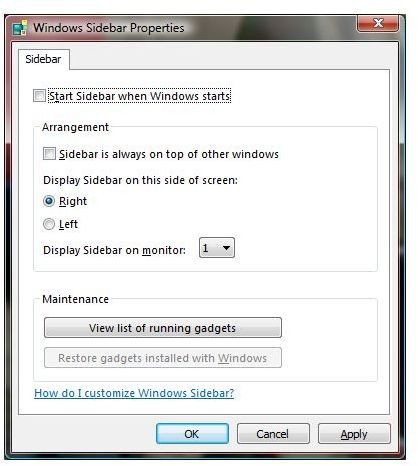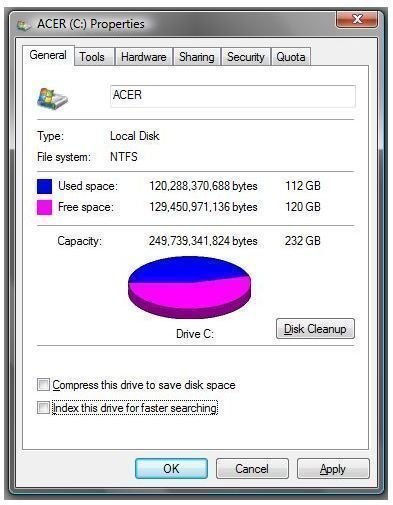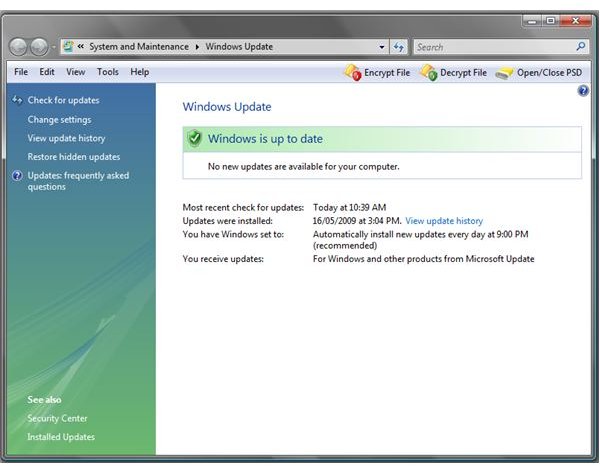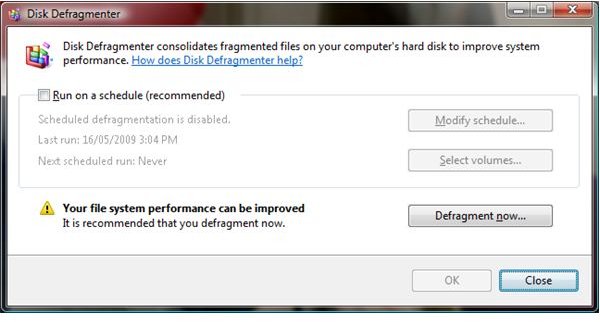Why is Windows so Slow? Improving Slow Performance on Windows
Tune-up
One thing that all users seem to neglect is a general tune-up of their machines. That means registry scans, defragmentation, deletion of unused programs and other options. Whether you are noticing Windows functions slowing down over time, or if it is just consistently slow, here are some options to try out.
Get a Registry Scanner
A registry scanner helps a slow system by looking through Windows processes and cleaning up files that are no longer being used by the operating system. Some of them even go so far as to get rid of other items that clog up your computer’s speed, such as internet cache and temporary files. While you can easily find a free registry cleaner on the internet, usually the best ones are programs that are certified by Microsoft. Why is this important? Since registry scanners are playing around with Windows files (essentially files that are what cause your computer to, well, work), it may be best to obtain one and simply pay a subscription.
Run Your Disk Defragmenter
Similar to a registry scanner, your disk defragmenter helps a slow system by looking for files that are no longer in use by your computer. It then either discards them or compresses them. It also helps reorganize other files to help better organize your hard drive. While this does clean up some space (minimal at best), it can also improve the speed of your computer. On top of that, it can even extend the life of your hard drive. Those who have defragmented hard drives before realize that it is a lengthy and tedious process, so it’s best to run it when you don’t imagine anybody will be using the computer for a few hours.
Disable Processes that Consume Resources

don’t have much use for the Sidebar, disable it. Windows Aero, while handy in scanning through various windows and showing displays of programs in the taskbar, also consumes quite a bit of memory. If you care more about function over fashion, disable those two options.
Also, be aware that some programs you install will attach themselves to your taskbar and will automatically start along with Windows. By right clicking on those icons, you can access menus, which will allow you to disable their presence in the tray. This is particularly useful for programs you do not use very often.
Another process that can really consume resources is hard drive indexing. Indexing allows you to search for files, folders and programs within your computer quickly. If you do not have capable enough system resources, or don’t really see the need of having your hard drive being indexed, you can certainly disable it.

Install Appropriate Updates

Windows periodically has updates available, and if you have automatic updates enabled it will show you what updates are available. To speed up a slow system, be sure your version of Windows has the latest service pack as well as other updates. While these updates also contain security improvements, sometimes they even improve the efficiency of your operating system. Some programs require having a certain system pack installed in order to have improved efficiency. For example, most programs will not install on Windows XP unless System Pack 2 is installed.
